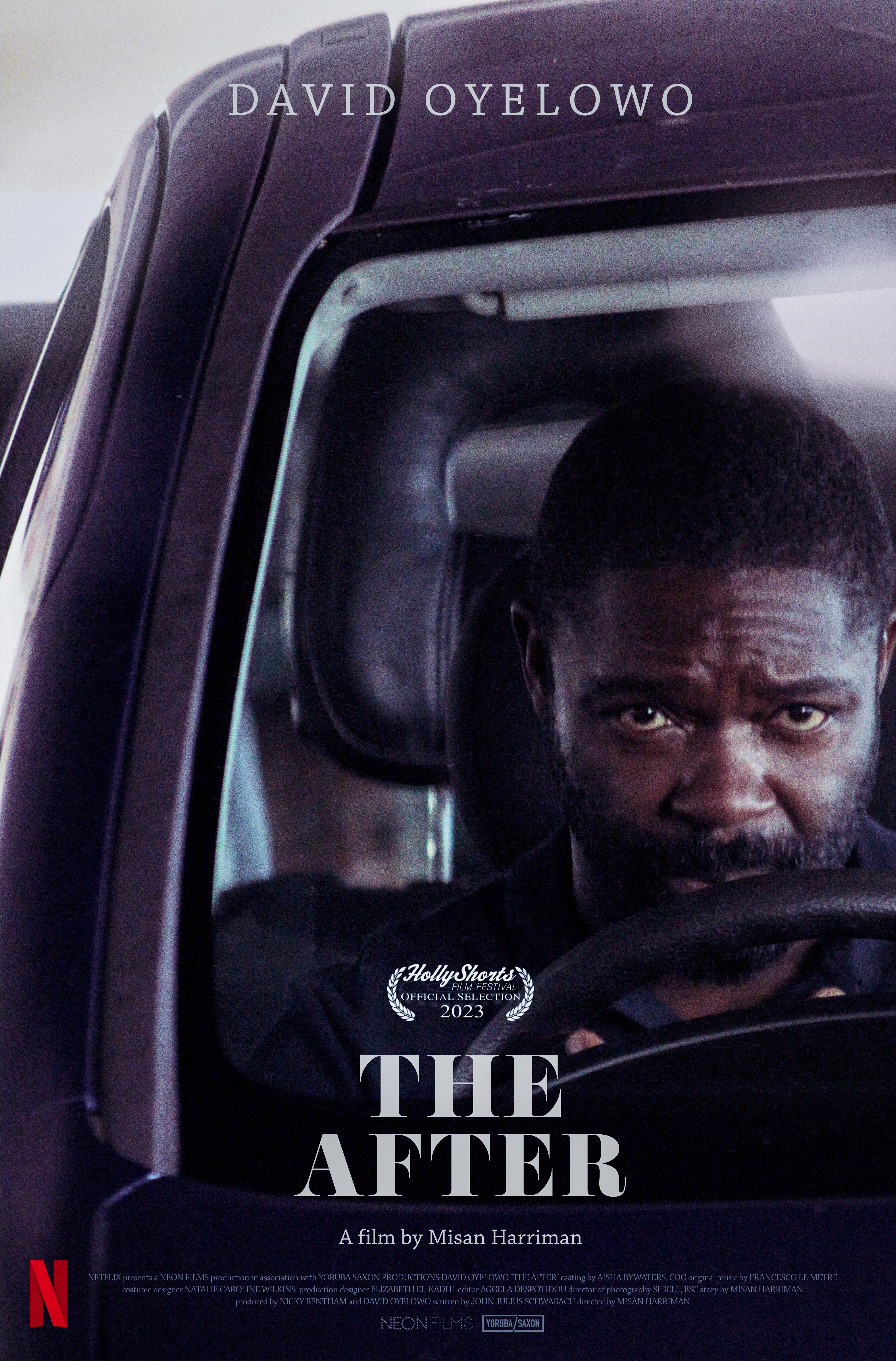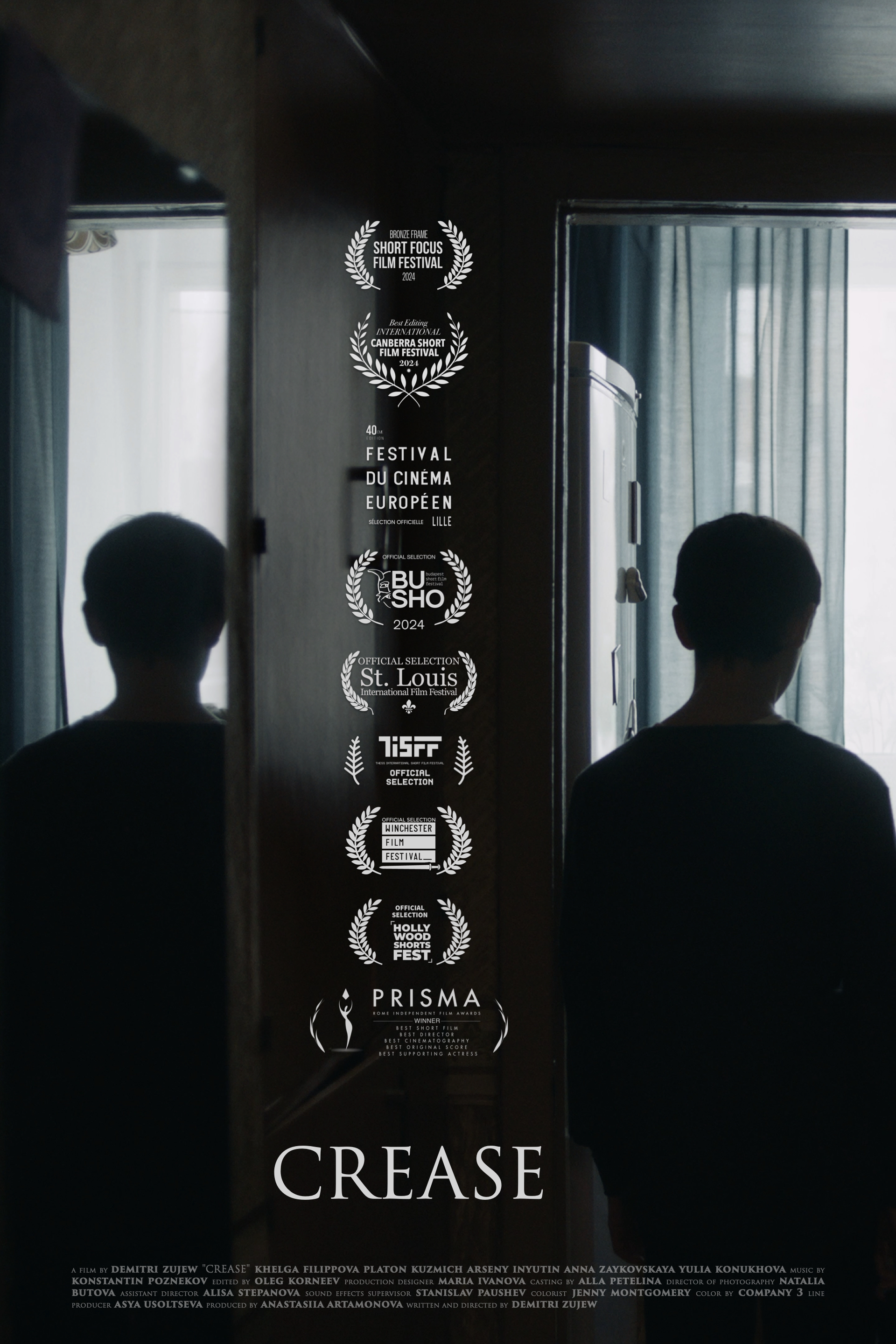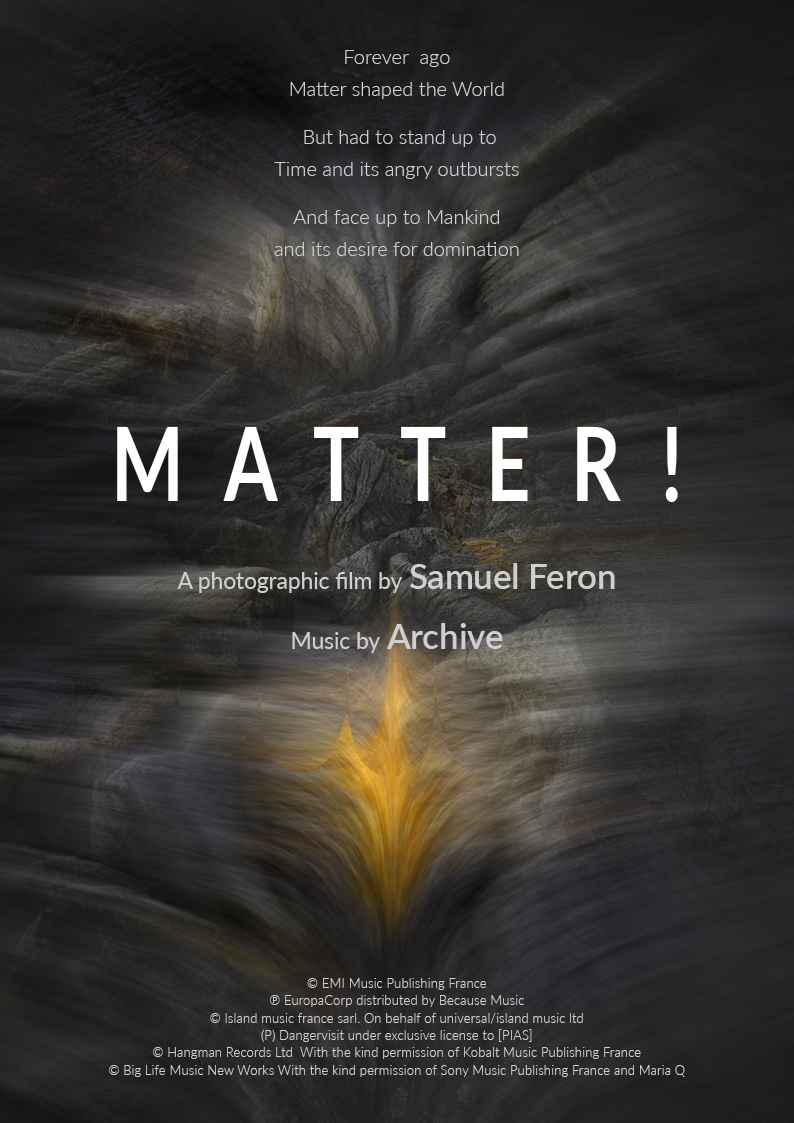
Oscar Nominated Short Film Review “The After”
WATCH THE TRAILER HERE
First, the Recap:
Ineffable occurrences. Our life is already an adventure in varying degrees of highs, lows, and everything in between. But, what often makes this sometimes mundane reality far more intriguing are those situations that we experience that completely redefine all we are, how we move ahead, and ideally find a level of completeness and contentment defying mere description. However, does this get its positivity utterly shattered when what we encountered is entirely opposite of anything good? Businessman Dayo (David Oyelowo) has a busy but fulfilling existence that can keep him away from what he loves the most–his wife Amanda (Jessica Plummer) and daughter Laura (Amelie Dokubo). During a time of much required reunion, an unthinkable act transforms Dayo’s standpoint on life so drastically, can he ever find anything that will bring him back to a sense of deep release harbored within a wounded soul?
Next, my Mind:
A moment of choice, the magnitude of anticipated happiness, the unequivocal depth of familial bonds, the devastation of the unimaginable, and the long, painful journey to reconcile a broken actuality all come to the forefront with dominate, shocking, unflinching fervor and purpose through this incredibly affecting Oscar-nominated short film effort from writer/director Misan Harriman, writer John Julius Schwabach, plus producers Nicky Bentham and David Oyelowo. In itself, what makes this film such a wonder is not only how impactfully it delivers its wrenching yet ultimately heartfelt tale in only 18 minutes (I KEEP saying it–shorts are STILL a seriously under-appreciated medium) but also the undeniably compelling relevancy of its foundational catalyst that propels it forward with such resolute persuasiveness. It both REMINDS you AND makes you contemplate the world as it is currently, which assuredly isn’t all wine and roses by a LONG shot.
Here, the narrative that follows a successful man having the time he’s long desired to take advantage of by being present with and for his beloved wife and daughter whose reality gets unceremoniously and jarringly ripped from him in a single instance of remorseless evil stands as a sobering statement to the contemporary society and its so often inexplainable acts of random hate that then leave total desolation and unrelenting grief in its wake. The continuation of the story then explores said ripple effect that overt grief takes on someone, not JUST in the immediate present, but after the passing of time which doesn’t ALWAYS heal all damage from such a loss, at least not when we’re unwilling to truly embrace any help, rather allowing ourselves to be immersed and overwhelmed by the pain.
Coping with it can lead us to try and escape into work, isolate ourselves from almost all those who desire TO aid us and be there, burying thoughts in treasured memory that soon seems more like torture than fond remembrance, while also believing that perhaps vanishing into other people’s stories will be enough of a distraction from our own anguish. How this gets conveyed throughout the film in the aftermath of its cornerstone circumstance is intelligently presented and well-written to the extent of making it very accessible and indisputably stirring, highly effective in illustrating that emotional distress and associated feelings are TOTALLY understandable and permitted, but once it has reached a pinnacle of self-sabotage in whatever form that might take on, THIS is where it becomes necessary to be shaken out of it in order that we might re-gain a perspective that will initiate HEALING rather than further harm to all we are or were and need to be again.
The particular series of moments that bring this about during the film’s thoroughly amazing finale deftly showcases how another’s observations and acts of kindness can seriously transform someone’s life, a metamorphic power we need a LOT more of in this modern world. And that IS what this critic feels IS the underlying but essential point made here–that NECESSITY of acknowledging precisely this concept. Visually, the film’s moments of key, pivotal importance are an exercise in arresting potency that firmly infuses the narrative’s intent with visceral tension and acute forcefulness. I love when major actors are willing to engage in short films, because it becomes one more avenue for them to demonstrate the scope of talent possessed, and here is no exception, as Oyelowo outright shines via strongly presented, emotively intense, wonderfully understated and realistically transparent performance via his role as Dayo.
A passionate, dedicated, confident man who we see might sometimes allow work to supersede time with his family but has now made a decision on this day to be there without hesitation for the sake of his daughter and wife. But, as their time together is about to move ahead as planned and looked forward to, an unforeseen and crushingly traumatic event comes about, his viewpoint on who he is and what his future even means is all in question. Having barely moved on via a new job but still broken mentality a year later, the sinking into further hopelessness gets a sudden, equally unpredicted wake-up call which once more alters everything he knows. It’s a poignant, heartbreakingly striking performance Oyelowo delivers from beginning to end, such an ode to the art of acting which he brings forth in spades and solidly demonstrates why he is such a sought after talent.
Primary supporting roles arrive first from Plummer as Dayo’s wife Amanda, a woman of obvious affection and commitment to a not always present husband who is elated about an upcoming chance for the family to be together in support of their child and who then becomes an example of the sometimes blindly dynamic connection between a parent and child. Dokubo is all endearing innocence through her role as the couple’s young daughter Laura, a total Daddy’s girl who is thrilled about any time she spends with her father, much less having that beautifully evident joy about his upcoming attendance for a program she’s involved in–until events take the turn they do. Ellen Francis and Sule Rimi are Rebecca and Stewart, a rather volatile couple whom Dayo picks up as part of his ride-share job even as their daughter Amy, played by Tara-Binta Collins, sits silent in the middle of it all but who then becomes THE focus of all that will impact Dayo’s hidden misery.
Additional appearances are made by Izuka Hoyle, Dominique Tipper, Nikesh Patel, Ravi Singh, Ruth Sheen, and Alan Williams. So, in total, “The After” is a definitively apropos title for this gripping, unapologetic exploration of grief , what we attempt to hang onto, what we should aim to let go of, and what a single unanticipated convergence of two stranger’s lives can accomplish when our humanity manifests in the way it should–compassionately and selflessly–ushering in an opportunity to discover needed inward liberation and the accompanying healing that follows.
STAR RATING (out of 5):
As always, this is all for your consideration and comment. Until next time, thank you for reading!





